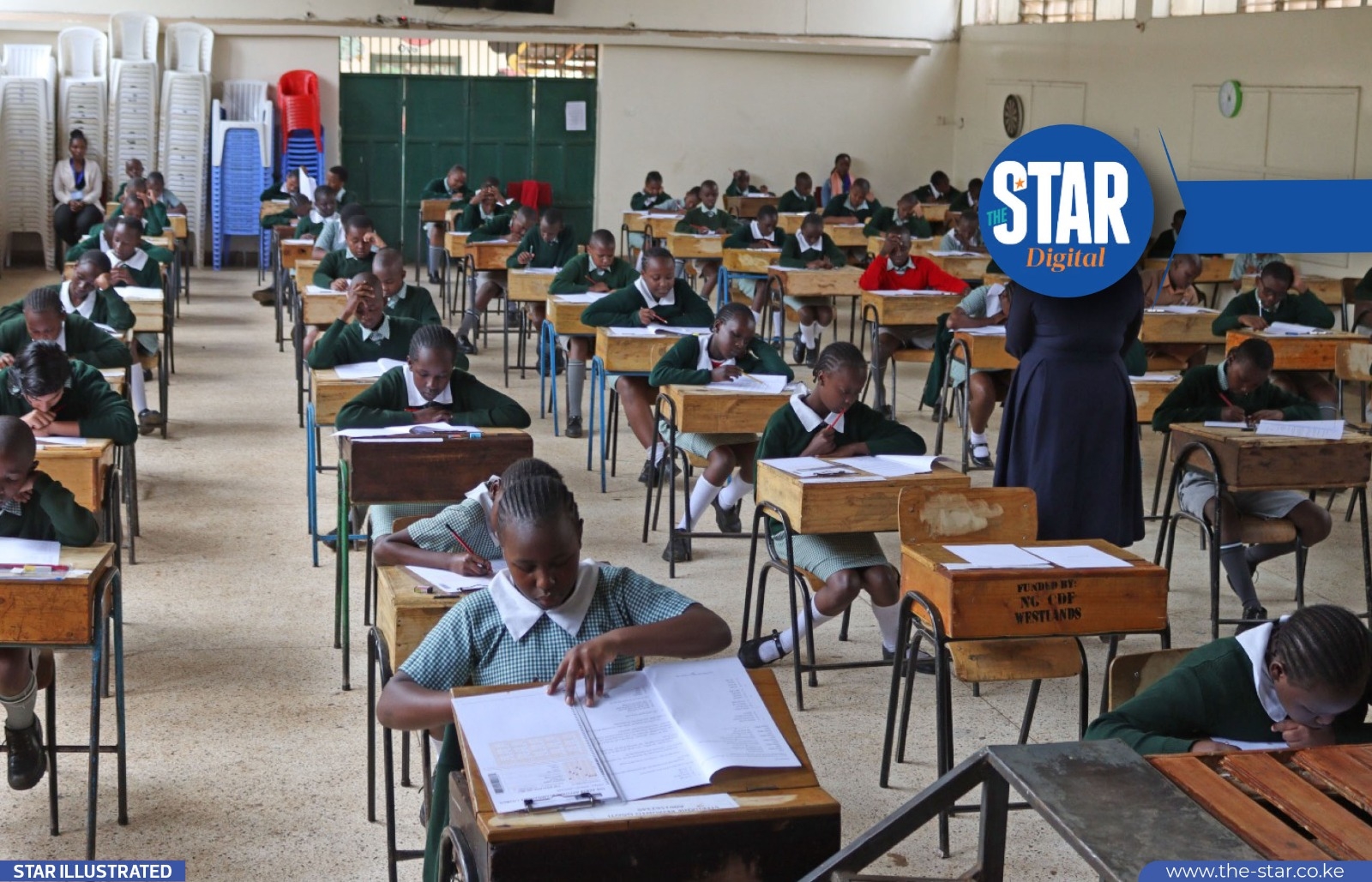Regional organisations and missions have expressed frustrations over the escalating instability in South Sudan.
Despite various diplomatic interventions, the situation continues to escalate, with fighting extending to various regions.
On Thursday, a quartet of various regional institutions issued a statement, expressing their concern over the rapid deterioration of the political and security situation across the country.
The AU in South Sudan (AUMISS), the Inter-governmental Authority on Development (IGAD), the UN Mission in South Sudan (UNMISS) and the Reconstituted Joint Monitoring and Evaluation Commission (RJMEC) called on the parties to the conflict to cease hostilities immediately and return to dialogue.
“Ongoing air and ground attacks are leading to an alarming loss of life, property and civilian displacement, even as ethnically polarizing rhetoric and hate speech are rising.
The targeting of humanitarian facilities is also unacceptable and must stop. These escalations are fast eroding the confidence of communities and peace partners on the sincerity of the promise made by the Parties not to return this country to war,” the Quartet said in the statement.
Last weekend, a Medecins Sans Frontieres hospital and pharmacy were bombed in drone attack, killing seven and injuring twenty others.
The bombing was followed by another drone attack on Old Fangak, a town in the Greater Upper Nile region.
The Quartet called on the Ceasefire and Transitional Security Arrangements Monitoring and Verification Mechanism (CTSAMVM) to swiftly investigate, verify and report on recent violence.
“Those responsible must be held to account to restore public trust and prevent such incidents from happening again. We urge all stakeholders in South Sudan to fully collaborate with CTSAMVM in facilitating impartial and thorough investigations,” it added.
Despite the calls, recent engagements by the UN and IGAD have not been successful.
A recent high-level joint visit to Juba by the AU and IGAD failed to produce much results as the officials didn’t get to meet First Vice President Riek Machar, who has been under house arrest.
Kenya’s Special Envoy to South Sudan Raila Odinga was also blocked from meeting Machar in March.
In this regard, the Quartet called for Machar’s release and other SPLM/A-IO officials and members currently under detention to facilitate dialogue.
It further called on the South Sudanese leadership to recommit to a transparent, consensus-driven and collaborative approach for lasting peace.
“They must reinvigorate visibly stalled peace implementation by addressing all grievances through an inclusive political dialogue,” it said.
In March, IGAD also warned that the house arrest of Machar, and the escalating political tensions seriously undermine the peace deal and risk plunging the country back into violent conflict.
This comes as the UN Security Council on Thursday extended the UN mission in South Sudan until April 30 next year.
The resolution introduced by the US was supported by 11 Council members but abstained by China, Pakistan, and Russia.
The Security Council authorized the peacekeeping mission to “use all necessary means” to implement its mandate – including the protection of civilians, assisting aid delivery, supporting implementation of the 2018 peace agreement, and investigating violations of international law.
Head of UNMISS Nicholas Haysom in April warned ambassadors that the fragile 2018 peace deal is unravelling. Haysom said political standoff, including the arrest of Machar, has escalated into open military confrontation, while misinformation and hate speech are fueling ethnic divisions and instability.
“This situation is darkly reminiscent of the conflicts of 2013 and 2016, which cost over 400,000 lives,” Haysom said.
The situation in South Sudan also formed part of the bilateral talks between PCS Musalia Mudavadi and US Secretary of State Marco Rubio in Washington.
In April, Mudavadi told diplomats at the quarterly diplomatic briefing in Nairobi that South Sudan abruptly declined a proposal to host a delegation of foreign ministers from IGAD in Juba.
The mission intended to de-escalate political tensions and meet Machar.
"We were destined as foreign affairs ministers earlier to go to South Sudan and have a conversation as IGAD ministers, but the government of South Sudan at the eleventh hour sent a message that it wasn't ready to receive the ministers — and that meeting was deferred," Mudavadi said.
















